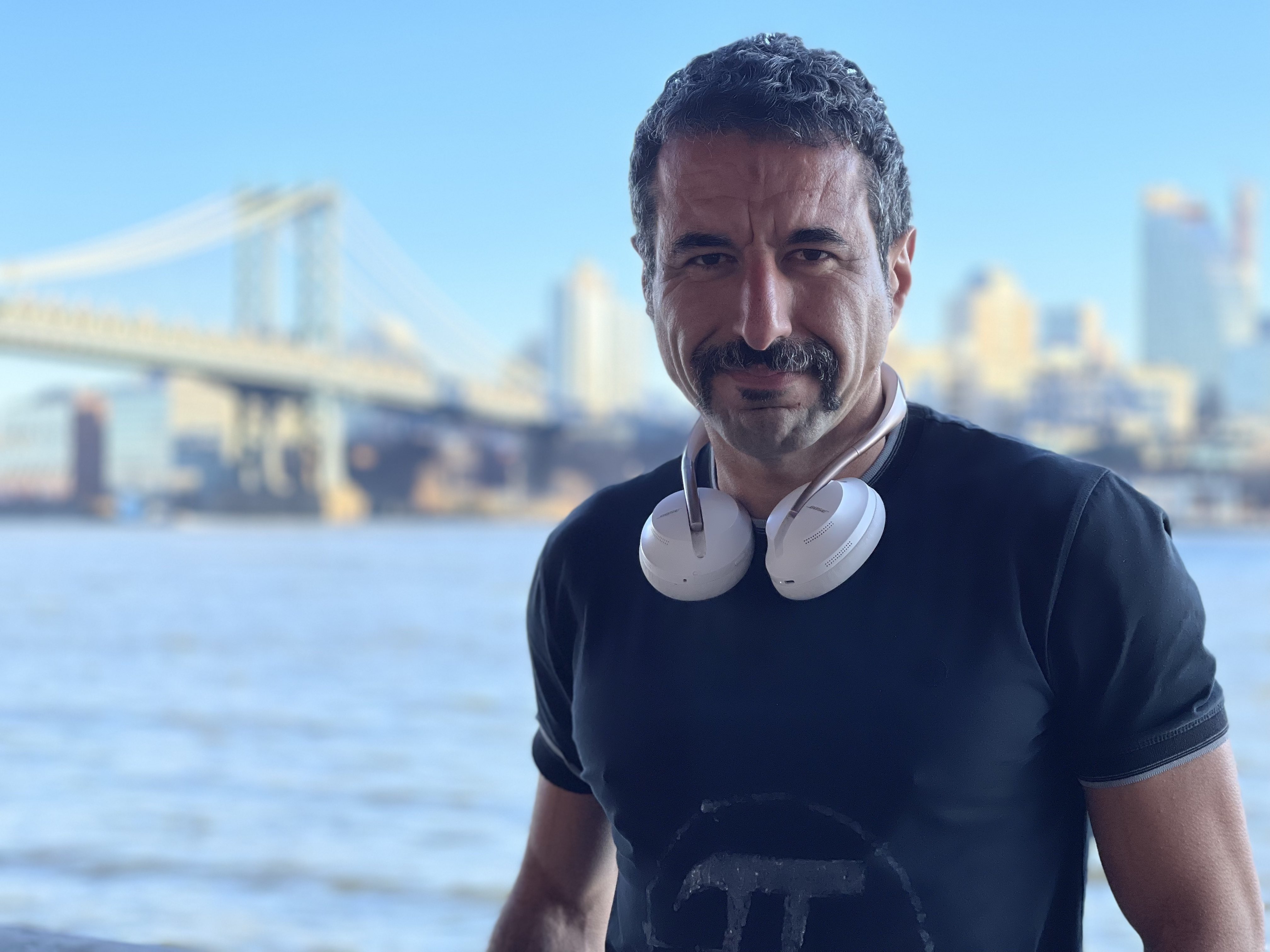I direct the Artificial Intelligence and Systems Laboratory (AISys). AISys is located at 2212 and 1211 in Storey Innovation Center.
A research overview of AISys lab can be found here.
The AISys lab welcomes people of any race, religion, national origin, gender identity, family commitments, political affiliation, sexual orientation, and eligible age or ability.
We investigate various open problems at the intersection of artificial intelligence, machine learning, and computer systems. We develop novel algorithmic and theoretically principled methods grounded in mathematics for systems problems with the ultimate goal of building reliable and high-performance machine learning systems. On the application side, we aim to develop the next generation of autonomous systems (on-device, embedded, heterogeneous, cloud, robotics) that can perceive, reason, and react to complex real-world environments and users with high levels of precision and efficiency. Overall, we aim to conduct cutting-edge and high-impact research through full-stack approaches that encourage lab members with algorithms, systems, and math skills to solve critical and practical challenges at the intersection of AI+Systems.
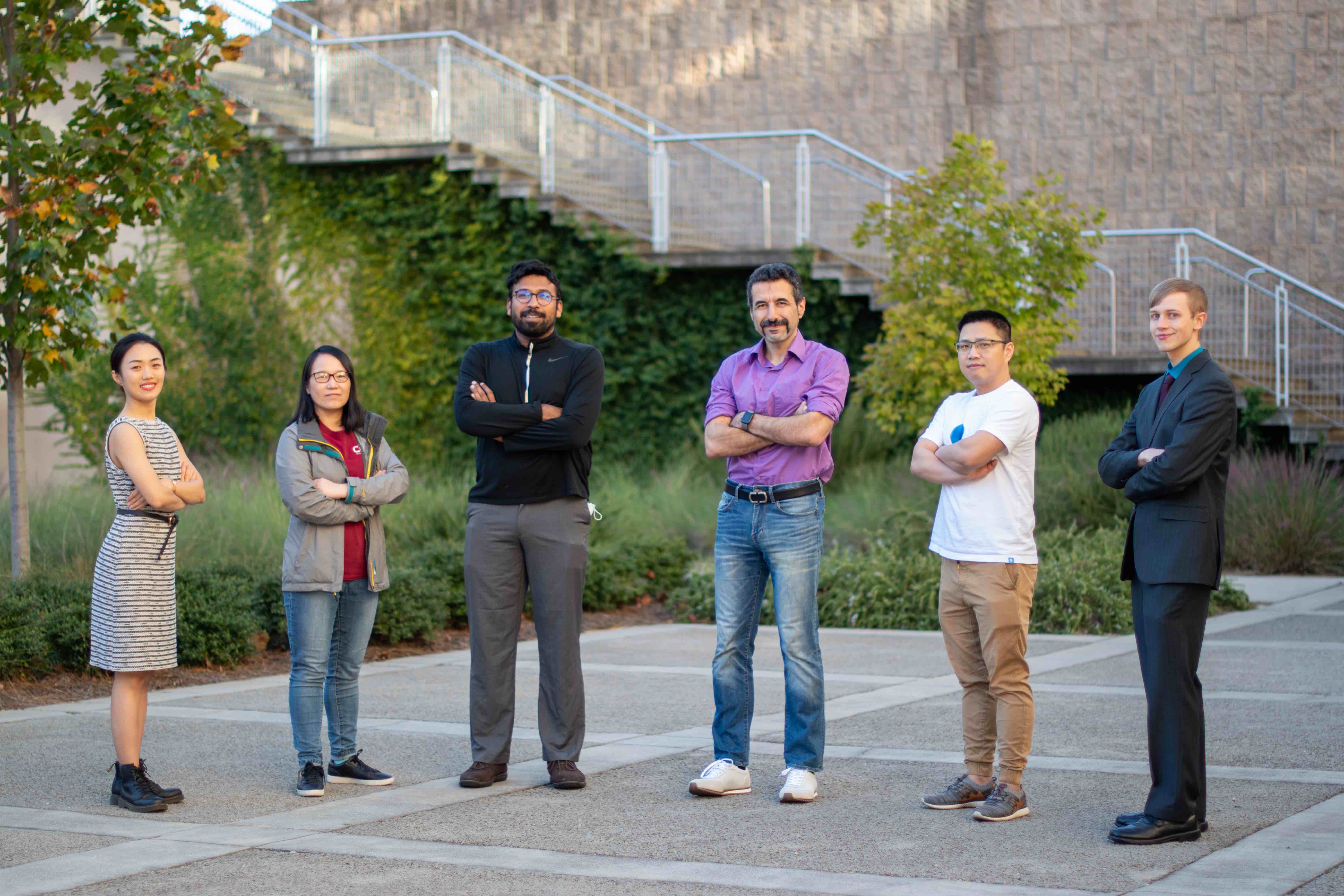
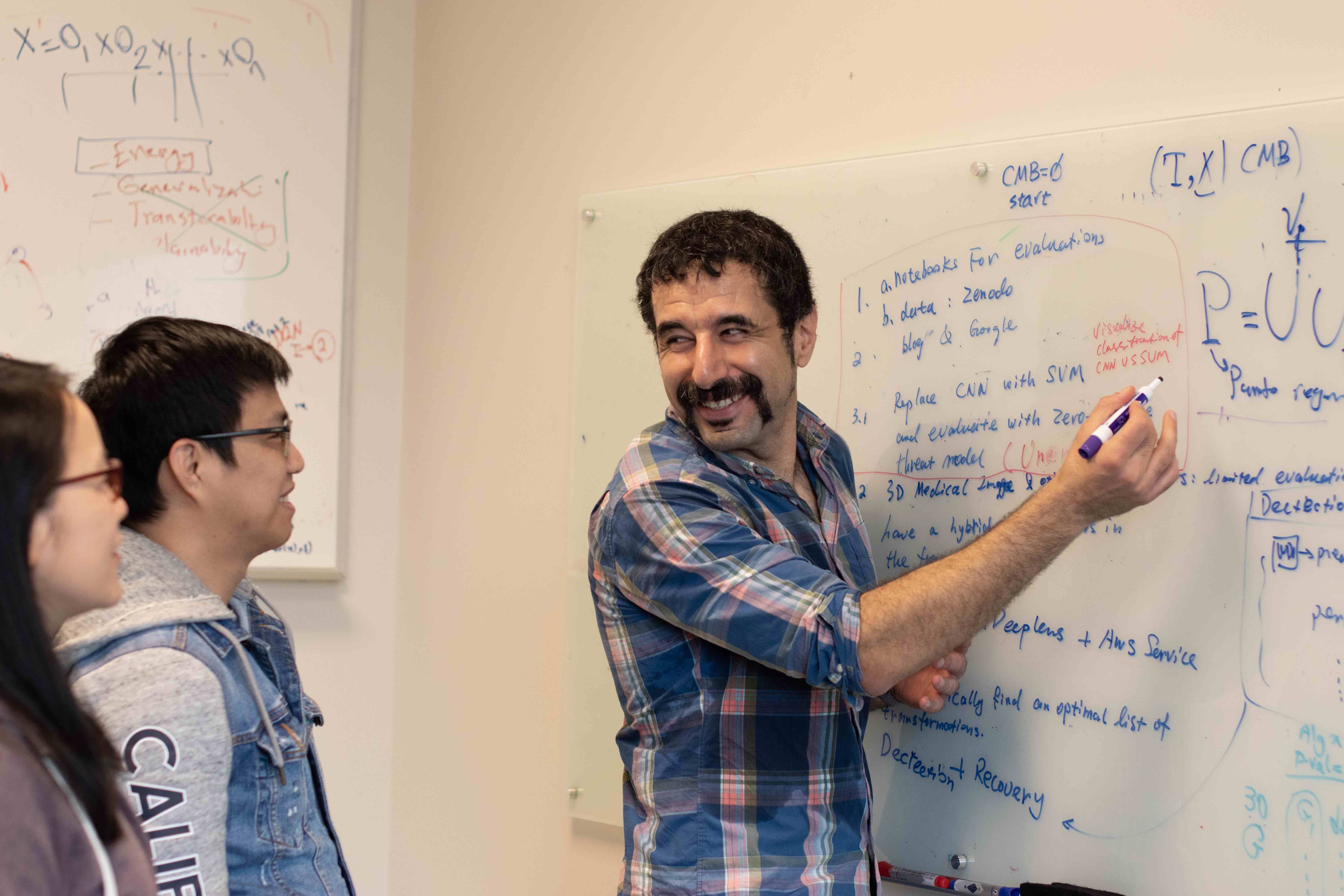
Core Values
- Fruitful collaborations and constant learning matter a lot to all of us.
- We combine theoretical and empirical insights to build intelligent autonomous systems.
- We start by hypothesis, designing experiments, and use theory to understand the empirical observations.
- Understanding the causal mechanisms and governing dynamics of machine learning systems inspires us.
- Scientific rigor is a principal value.
- We all love what we do, proud of what we bring into the world, and how we build it.
- We love to give and receive regular feedback; this helps us constantly learn and improve our outcomes.
- Everyone is of equal value. Fairness and equality matter to us a lot.
- Our diversity is important and will be an ongoing goal.
- Transparency and open access to scientific outcomes are key to making progress; we release all code+data.
- Our lab is open to all people of any beliefs and ideas.
- We are weird in one way or another, but we do respect math!
- Reproducible science is what we care about the most.
- All the above values start with respect for science, colleagues, lab members, and everyone.
- We also have lots of fun times; check out our group photos over time, before and after the pandemic!
For prospective AISys members
-
Are you a current Ph.D. student at UofSC interested in working with me or brainstorming about research ideas? My office door is always open, and I love discussing research with students; please stop by and let’s chat about your interests.
-
Are you a prospective Ph.D. student interested in working with me? I always look for highly motivated students to join our AISys Lab at UofSC. Please drop me an email and share your interests (reading some of our recent publications would help a lot to get an idea of what kind of research we have been doing). If you have already published at top-tier Systems, ML, or Software Engineering conferences, the chances for you to be admitted here are high. If not, don’t worry, there would be chances for everyone, but you must show me evidence of high motivation. I recommend putting one of the previous works you are proud of on GitHub and sharing details with me. This can be in the form of an industrial project, a research project, a replication of the result of a good paper in your area, a replication of one of our recent papers, or even better, a contribution to an open-source project. Apply to the CS Ph.D. program at UofSC.
- If you are a US citizen or a permanent resident of the US there are some opportunities you may consider applying for. I am happy to work with you on these to secure a grant: e.g., The NSF Graduate Research Fellowships Program (GRFP) and The DOE Office of Science Graduate Student Research (SCGSR) program.
-
Are you a UofSC undergraduate student interested in working with me on research? Please email me your resume and describe why you want to get involved. You have an excellent chance if: you have contributed to a project in the past (e.g., via prior experience or even some personal projects); You have a strong background in computer science and programming (and are ideally confident in math); You can commit 15+ hours/week.
Current Members
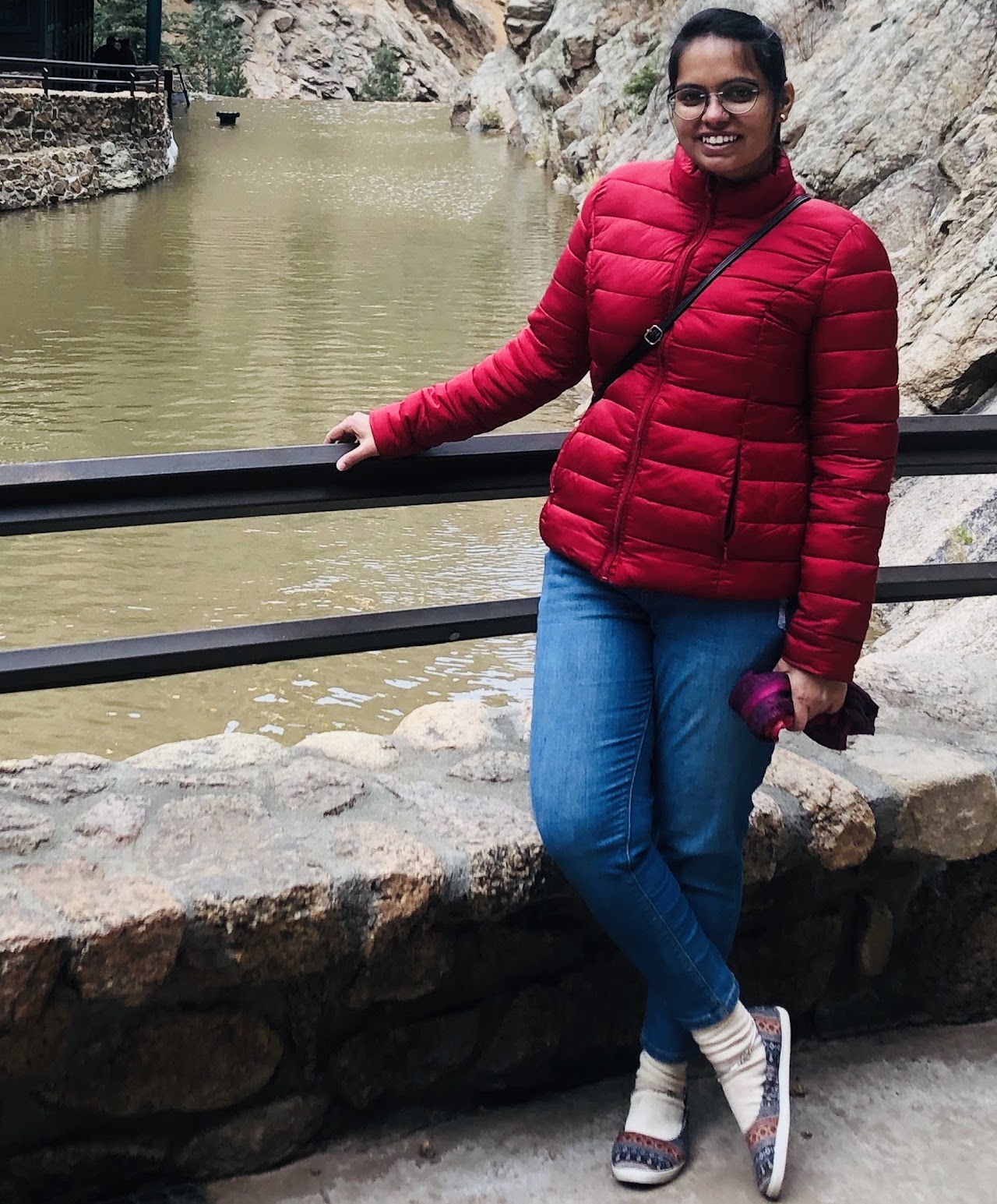
Sonam Kharde postdoc 2022 - present
Sonam is a postdoc interested in control and optimization of (uncertain) systems.
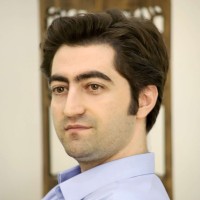
Mehdi Yaghouti postdoc 2022 - present
Mehdi is a postdoc interested in theoretical foundations of machine learning.
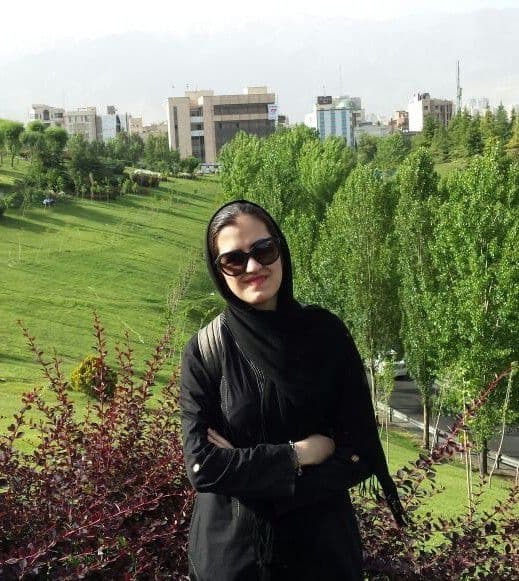
Fatemeh Ghofrani phd 2021 - present
Fatemeh is a PhD student in computer science. She is interested in self-supervised learning, contrastive learning, and model robustness against adversarial attacks.
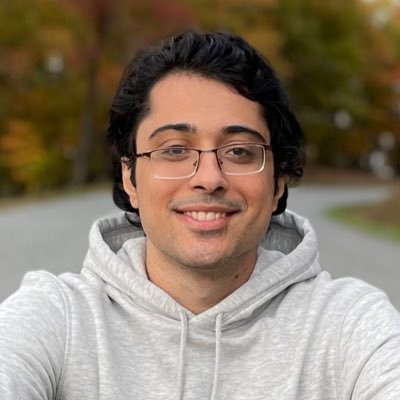
Rasool Sharifi phd 2023 - present
Rasool is a PhD student in computer science. He is interested in ML for Systems, Domain-Specific AI Accelerators, and Compilers.
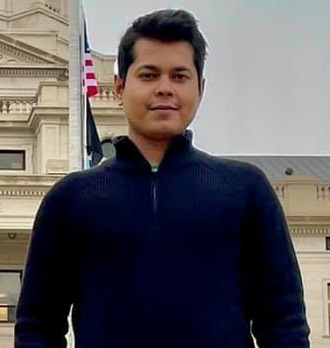
Md Abir Hossen phd 2021 - present
Abir is a PhD student in computer science. He is interested in autonomous systems and robot learning.
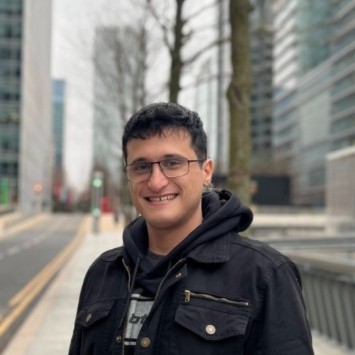
Saeid Ghafouri visitor 2022 - present
Saeid is a PhD student in Queen Mary University of London and he has visited AISys as an intern in 2022 and 2023. He is interested in Systems for ML and cloud auto-scaling.

Md Shahriar Iqbal phd 2018 - present
Shahriar is a PhD student in computer science. He is interested in ML for Systems.
Former Members
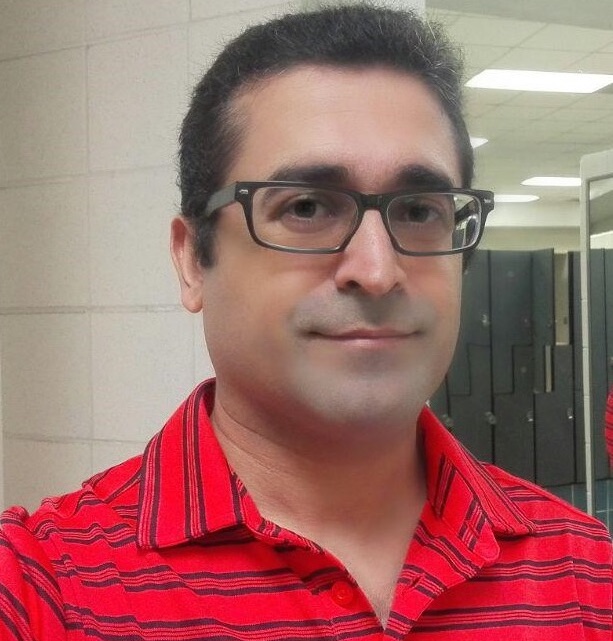
Mohammad Ali Javidian postdoc 2018 - 2022
Mohammad Ali was a PhD research assistant and then a postdoc at AISys, interested in Causal Structure Learning.
Current Status: Assistant Professor at Appalachian State University (ASU)
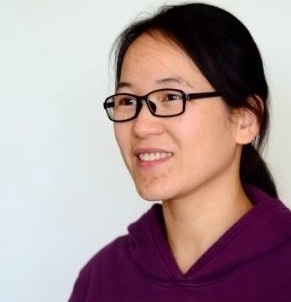
Ying Meng phd 2019 - 2022
Ying was a PhD student at AISys, interested in security of machine learning and software testing.
Current Status: PhD student at George Mason University
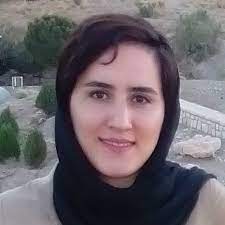
Nasrin Imanpour phd 2022 - 2022
Nasrin is doing her PhD in computer science and is interested in neural representation learning.
Current Status: PhD student at USC (working with Song Wang)
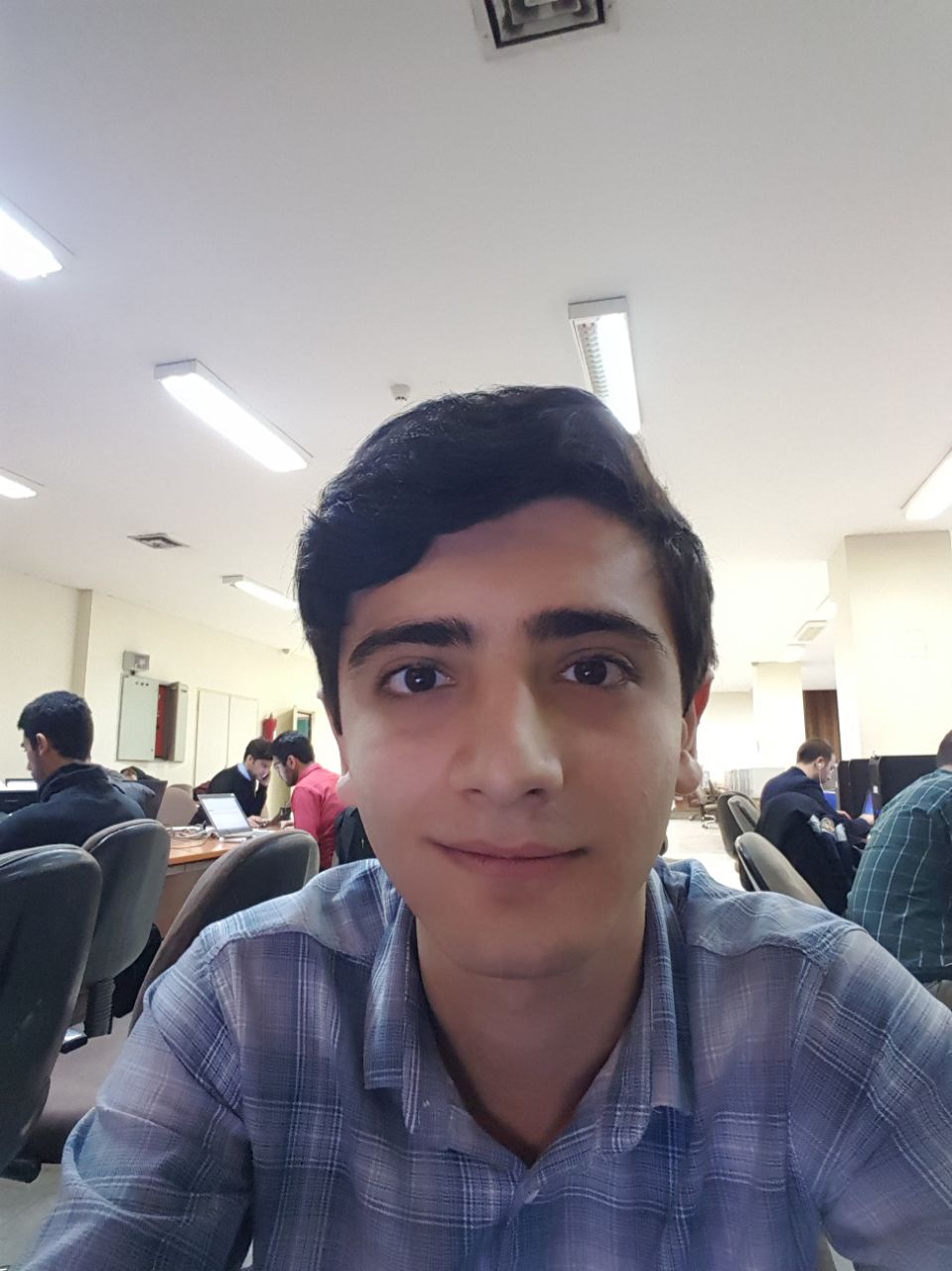
Hamed Damirchi phd 2022 - 2023
Hamed was a PhD student in computer science, interested in representation learning and robotics. Hamed is co-advised by my collaborator, Prof. Forest Agostinelli.
Current Status: PhD student at University of Adelaide
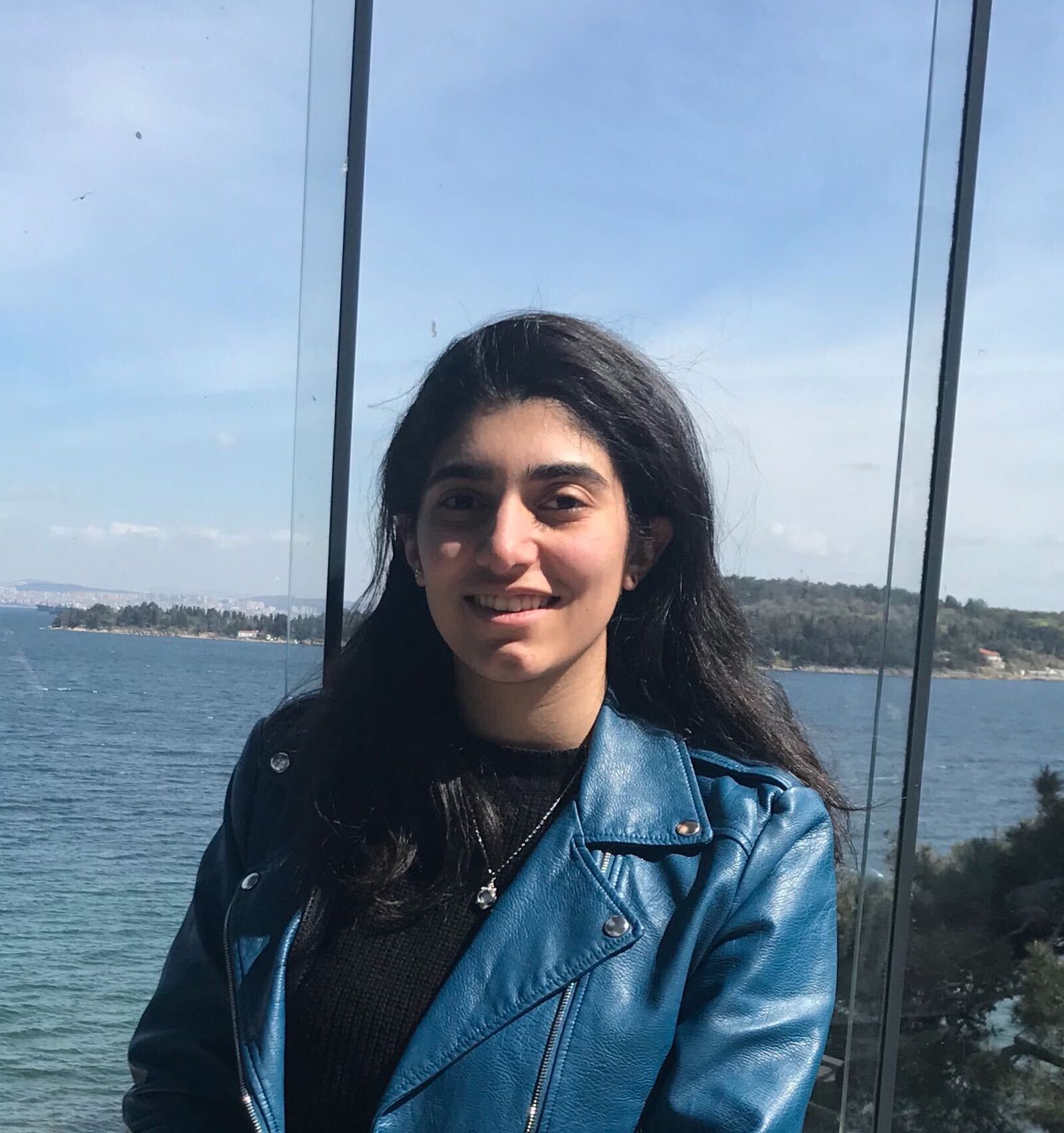
Kimia Noorbakhsh visitor 2020 - 2023
Kimia was an undergraduate student in Computer Engineering and Math (Sharif University). She is interested in theoretical AI/ML and symbolic mathematics.
Current Status: PhD student at MIT
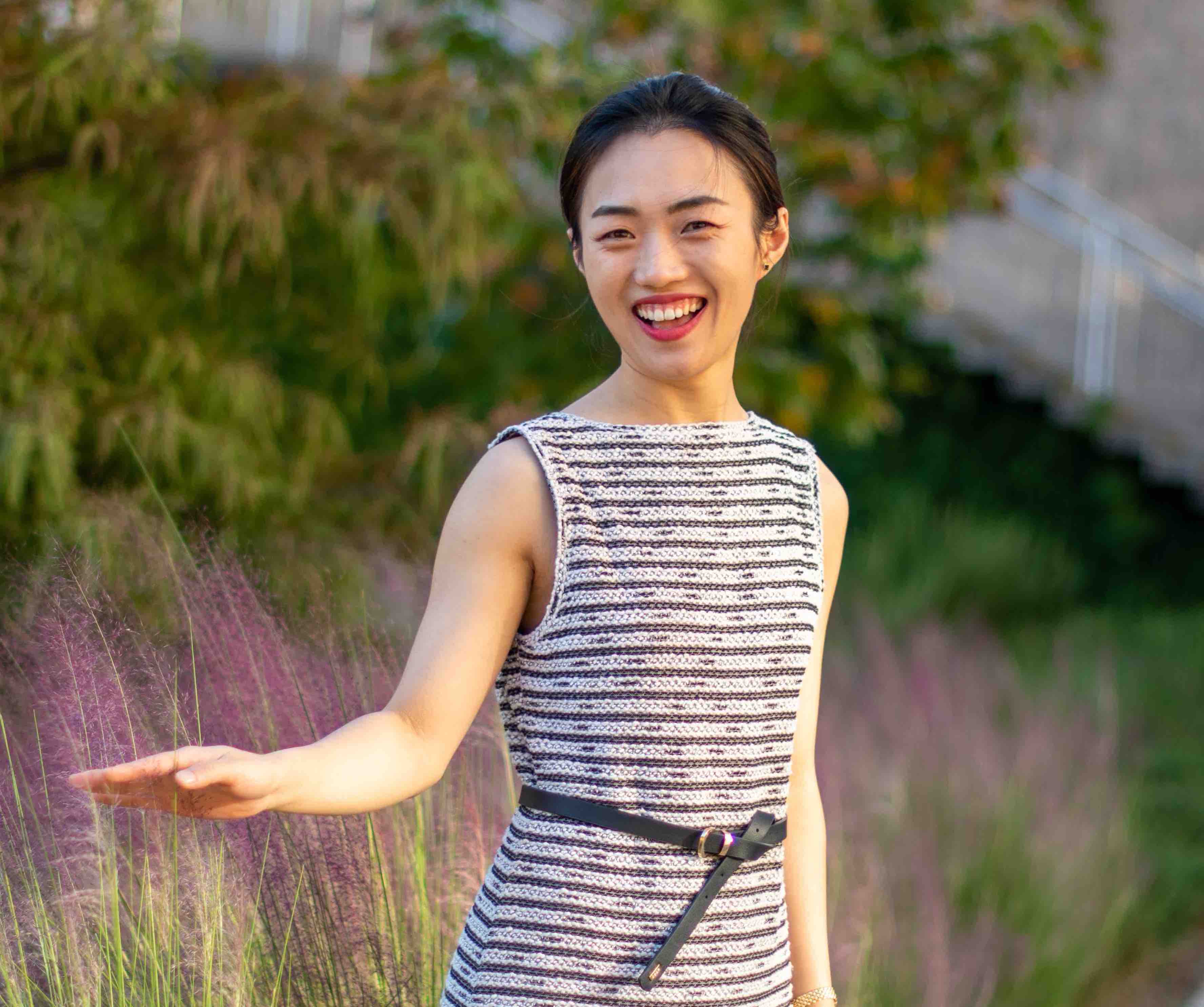
Shuge Lei phd 2020 - 2021
Shuge is PhD student in computer science. She is interested in applied machine learning.
Current Status: PhD student at USC (working with Biplav Srivastava)

Jianhai Su phd 2018 - 2022
Jianhai was a PhD student at AISys, interested in transfer learning, autonomic computing, and reinforcement learning.
Current Status: PhD student at USC (working with Qi Zhang)
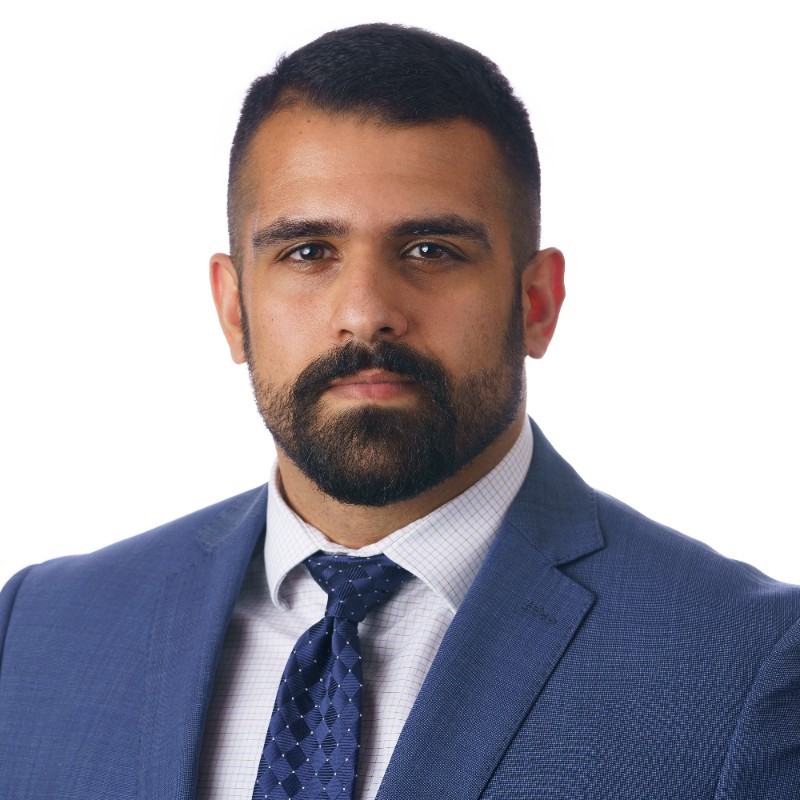
Morteza Maleki researcher 2021 - 2023
Morteza was a research assistance at AISys. He is interested in Causal AI and structure learning.
Current Status: Senior Associate at PwC

Hung-Tien Huang undergrad 2022 - 2023
Hung-Tien was an undergraduate student in computer science and math. He is interested in explainable AI.
Current Status: PhD student at UNC Chapel Hill

Peter Mourfield msc 2019 - 2020
Peter was a PhD student in computer science. He is interested in autonomic systems and reinforcement learning.
Current Status: Chief Technology Officer at TaxSlayer
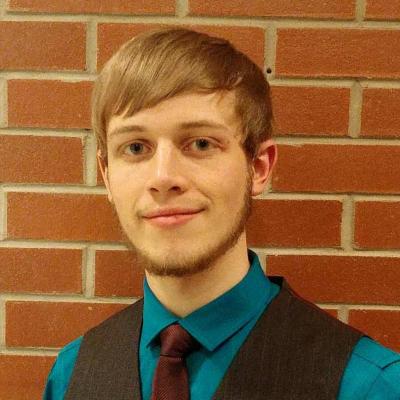
Cody Shearer undergrad 2020 - 2021
Cody was an undergraduate student in computer science and math. He is interested in causal AI and transfer learning for systems performance.
Current Status: Software Developer at Krumware

Blake Edwards undergrad 2019 - 2020
Blake was an honors college undergraduate student in computer science and math. He is interested in deep neural network model compression and distillation.
Current Status: AI Technologist at Boeing Research & Technology
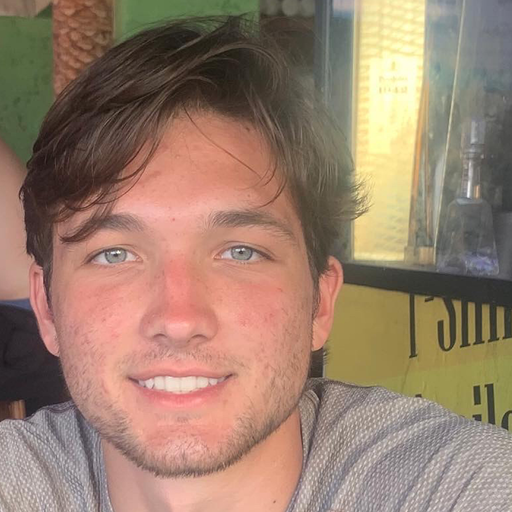
Stephen Baione undergrad 2019 - 2020
Stephen was a honors college undergraduate student in computer science and math. He is interested in deep neural network model compression and distillation.
Current Status: Systems Design Engineer at AMD
